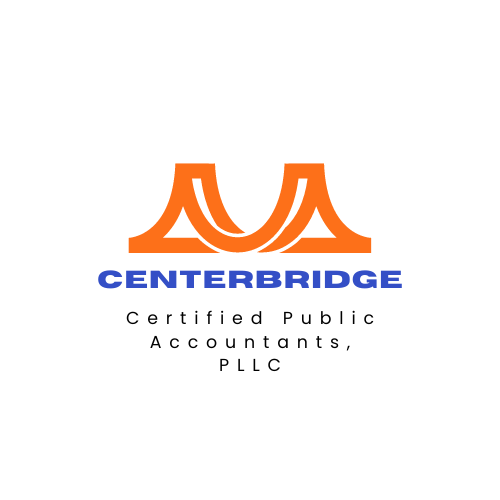Basic Accounting Principles for Real Estate Professionals
If a business breaks the rules of accounting and ethics, it can be liable for legal sanctions against it. It can deliberately deceive its investors and lenders with false or misleading numbers in its financial report. That’s where audits come in. Audits are one means of keeping misleading financial reporting to a minimum. CPA auditors are highway patrol officers who enforce traffic laws and issue tickets to keep speeding minimum. An audit exam can uncover problems that the business was not aware of.
After completing an audit examination, the CPA prepares a short report stating that the business has prepared its financial statements according to generally accepted accounting principles (GAAP) or where it has not. All publicly-traded businesses are required to have annual audits by independent CPAs. Those companies whose stocks are listed on the New York Stock Exchange or Nasdaq must be audited by outside CPA firms. For a publicly-traded company, the expense of conducting an annual audit is the cost of doing business; it’s the price a company pays for going into public markets for its capital and for having its shares traded in the public venue.
Although federal law doesn’t require audits for private businesses, banks and other lenders to private businesses may insist on audited financial statements. If the lenders don’t require audited statements, a business’s owners have to decide whether an audit is a good investment. Instead of an audit, which they can’t afford, many smaller businesses have an outside CPA come in regularly to look over their accounting methods and give advice on their financial reporting. But unless a CPA has done an audit, they have to be very careful not to express an opinion of the external financial statements. Without a careful examination of the evidence supporting the amounts reported in the financial statements, the CPA cannot give an opinion on the financial statements prepared from the business’s accounts.
Most audit reports on financial statements give the business a clean bill of health or a clean opinion. At the other end of the spectrum, the auditor may state that the financial statements are misleading and should not be relied upon. This negative audit report is called an adverse opinion. That’s the big stick that auditors carry. They have the power to give a company’s financial statements an adverse opinion, and no business wants that. The threat of an adverse opinion almost always motivates a business to give way to the auditor and change its accounting or disclosure to avoid getting the kiss of death of an adverse opinion. An adverse audit opinion says that the business’s financial statements are misleading. The SEC does not tolerate adverse opinions by auditors of public businesses; it would suspend trading in a company’s stock share if it received an adverse opinion from its CPA auditor.
One modification to an auditor’s report is severe – when the CPA firm says that it has substantial doubts about the capability of the business to continue as a going concern. A going concern is a business that has sufficient money and momentum to continue its normal operations into the foreseeable future. It would absorb a bad turn of events without defaulting on its liabilities. A going concern does not face an imminent financial crisis or any pressing financial emergency. A business could be under financial distress but still, be judged a going concern overall. Unless there is evidence to the contrary, the CPA auditor assumes that the business is a going concern. If an auditor has severe concerns about whether the business is a going concern, the report spelled out these doubts.

Avoid The Critical Financial Mistakes Made By Real Estate Pros
Failing in the financial basics will doom your business. Get our free e-book "The Real Estate Pro's Guide to Financial Success" to see if you are set up for success.

